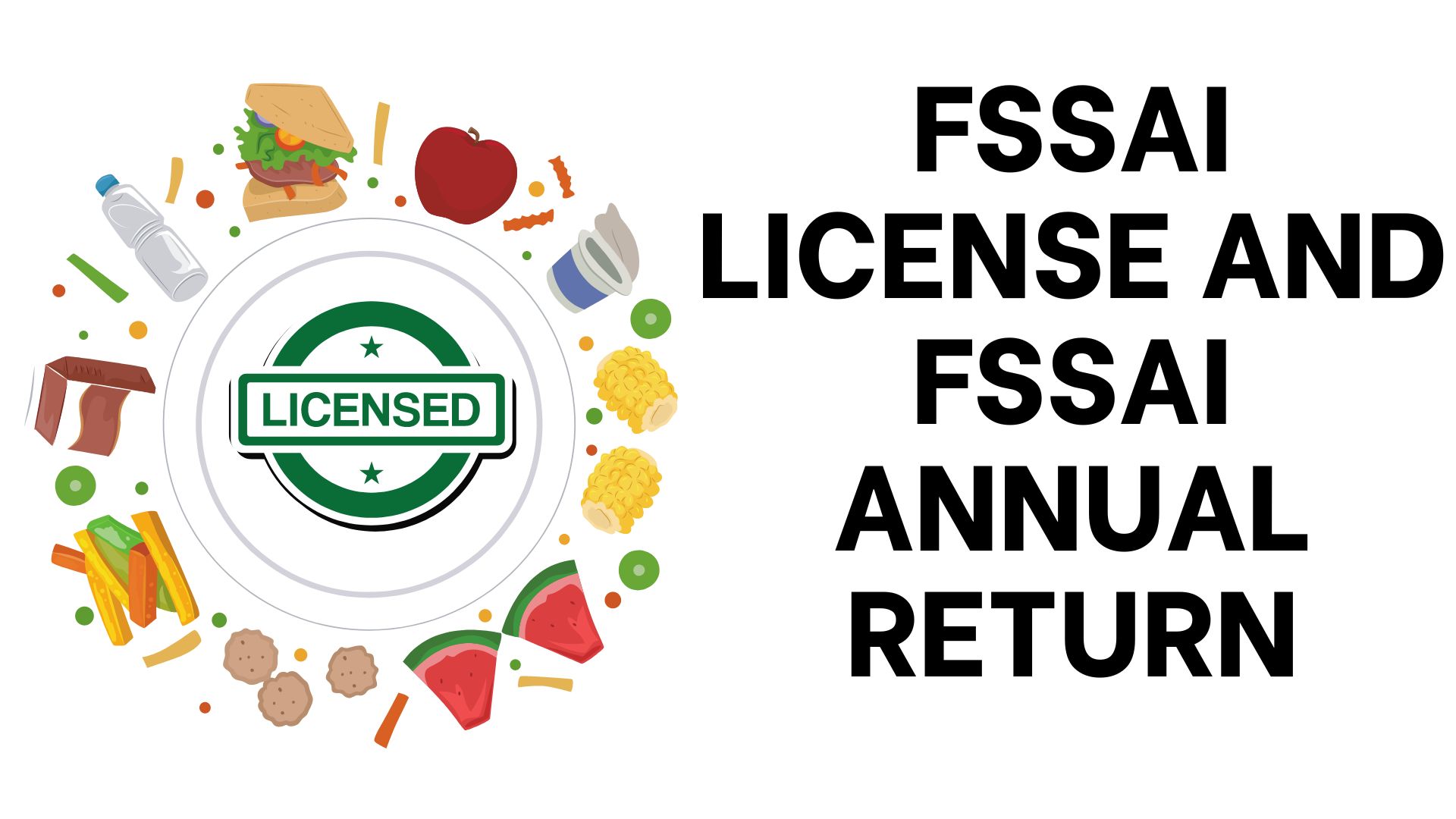Our life is based on the air we breathe, the water we drink, and the food we eat. Quality of food should be the top priority in our life. Earlier, a lot of people started their businesses in the field of food manufacturing, and distribution, and built the food business in India.
Also, Read- Fssai Registration
To ensure that one should get the best quantity and quality of Food, that every consumer consumes or provided to the shop Keeper, the Government of India had introduce the FSSAI (Food Safety and Standard Authority of India) in 2006 with a motive to regulate the Food Industry and to prevent substandard activities in the society done for harming the health. It also ensures that consumers should get the best quality products at the most affordable price.
FSSAI LICENSE FORM
According to the FSSAI, in India, if anyone who is involved in the business under the food-related sector such as the food manufacturing sector, import, and export of food throughout the scale, distribution of food, or people who sell the food items to the consumer, it is compulsory for them to fill the FSSAI License to the FSSAI.
FSSAI LICENSE REGISTRATION
Let us discuss the FSSASI registration process, because after this only we will get the legal license to sell the food items in the market.
Here, I am going to give you a brief registration process to know how we can get the license online mode.
For this we have to visit the Fssai registration portal, Under this page we have to select the option Apply for License/ Registration
Another page gets opened under which we again have to select the option Apply for License/ Registration. Before this, we have to read all the documents required mentioned below the webpage for example aadhar card, pan, voter ID, Proof of Address of Business activity, and a passport-size photograph.
A new page will appear, where we have to select the category, and the according to the turnover we come to know the fee of registration.
Next, click on “Click here to apply Registration for all the business” and then Form A will be open where we have to fill in all the necessary details mentioned in it, even we will discuss all the details later in the section Form D1.
In addition, No. of years want to apply where we have to mention the number of years for which we want to take an FSSAI License, the water supply source whether it’s public/private or any other, whether the power supply is used in the manufacturing of food items or not.
After filling the Form A, click on Save & Next option, the Sign-Up Details form will appear where again we have to fill in our email id, mobile no, Belongs to, login id, and password under Primary contact detail, as well as Secondary contact details, captcha details and click on, submit button.
After the submission we will see a pop-up box in which we have to fill in the verification code that had been sent to our email id and mobile no. and finally submit it, next to we have a confirmation of the Registration.
Next, We have to pay the registration fees, according the turnover of our business it shows the amount, and we have three options to pay the fee i.e., Credit/Debit Card method, Netbanking, UPI method. Either of these we have to choose and complete the payment process and after this, we will get a fee receipt.
Now we have done the registration process, for checking the status of our registration form we can fill in the reference number and captcha and can get the status easily.
Suggested Read- Fssai License Renewal
WHO SHOULD FILE THE FSSAI?
For those who are involved in Food Manufacturing, importing, and exporting, and selling food-related items, it is a must for them to file the FSSAI Annual Return. And those who are involved in the distribution of Milk are compulsory to fill out the Half annual return file.
If we talk in terms of Income criteria, then those who regulate their business with more than 12 lakh of turnover, then he or she should file the Annual Return.
Read Also:
y2mate com 2022
Filmy4web
Picuki

 Business2 years ago
Business2 years ago
 Tips & Tricks2 years ago
Tips & Tricks2 years ago
 Law2 years ago
Law2 years ago
 Technology2 years ago
Technology2 years ago
 Business2 years ago
Business2 years ago
 Business1 year ago
Business1 year ago
 Lifestyle2 years ago
Lifestyle2 years ago
 Technology2 years ago
Technology2 years ago









